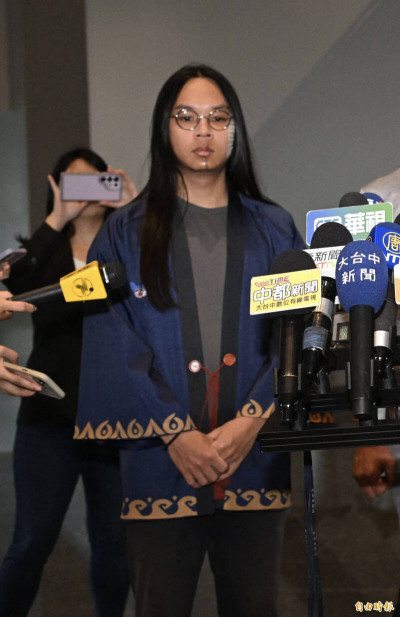《TAIPEI TIMES》 Chip firms want US tax fix, envoy says

A representation of Taiwan is depicted over a motherboard in an undated illustration photograph. Photo: CNA
‘INDISPENSABLE’: Taiwan has spent decades building a competitive environment for chip manufacturing, and would not soon be replaced, representative Hsiao Bi-khim said
/ Bloomberg
Representative to the US Hsiao Bi-khim (蕭美琴) said that Taiwanese semiconductor firms are holding back from more investments in the US because of “unreasonable and unfair” double taxation, and urged the US Congress to pass a deal to address the problem as soon as possible.
Hsiao said that she is optimistic that bipartisan support for Taiwan in Washington could help secure a deal by the end of the year.
She said that the deal is one of her top priorities because Taiwanese firms pay three times as much tax as competitors from the US’ other major trading partners.
“I’ve had Taiwanese companies show me their floor plans and say: ‘I can’t go ahead with this. I can’t convince my shareholders that we can go ahead with this without resolving all these tax issues,’” Hsiao said in an interview in Washington.
“This is something that our investors are requesting resolved as soon as possible,” she said. “This is an absolute priority.”
The US has urged Taiwanese firms to invest more in the US, but companies have repeatedly pointed to the lack of a tax deal as a major impediment.
Efforts to secure a tax deal have been complicated as Washington does not have official diplomatic relations with Taipei. That has not stopped the administration of US President Joe Biden from expanding trade and investment ties with Taiwan — including with a trade agreement.
US Senate Committee on Finance lawmakers said they plan to work on a Taiwan tax bill this month, a promise that senators made before leaving for their break last month. The legislation introduced in July provides treaty-like benefits to businesses looking for cross-border investment.
“It’s certainly a goal to get this resolved as soon as possible, and so, if all goes well, certainly a timeline by the end of the year is a reasonable expectation,” Hsiao said.
“They’ve [US Congress] been very committed to this. We really appreciate it. It’s been very bipartisan, also bicameral — different committees trying to find the most effective pathway,” she said.
The US and Taiwan are bolstering their trade relationship, she said.
Progress on the US-Taiwan Initiative on 21st Century Trade, which led to a first agreement on issues including customs administration in May, is sending an “important signal of confidence” to the business community, Hsiao said.
“We’re working on scheduling for our continuing discussions to work on the remaining issues that have been announced by the two sides,” she said.
They last month held a second negotiating round in Washington, where they exchanged proposals on agriculture, labor and the environment.
Meanwhile, Taiwan remains the “indispensable and irreplaceable” source of the world’s most advanced microchips, Hsiao said.
Taiwan Semiconductor Manufacturing Co’s (TSMC, 台積電) move to build chip-making facilities in the US is an “important effort to further consolidate secure and stable supply chains,” she said.
“It’s taken us decades to build the ecosystem that fosters the environment for very competitive production of semiconductor chips,” she said.
“As of now we don’t see anyone replacing that capacity that Taiwan has built over the years,” she added.
TSMC, the world’s leading chipmaker, has committed to building a US$12 billion facility in Arizona with the goal of making high-end semiconductors on US soil by late next year. That has been pushed back to 2025 amid concerns about high costs and the lack of a skilled labor force.
Taiwan has sought to sustain its strong relationship with the US while also making sure its place as the top manufacturer of cutting-edge chips goes unchallenged.
Hsiao said that China is stepping up its military presence in the region and trying to use those forces in “a coercive way.”
“The bullying that aims at isolating Taiwan is something that we have to constantly struggle to push back on,” she said. “We do not intend to disrupt the status quo. I think our goal is to ensure we have enough friends so that the people of Taiwan are not alone in dealing with the challenges against our democracy and against our existence.”
新聞來源:TAIPEI TIMES













